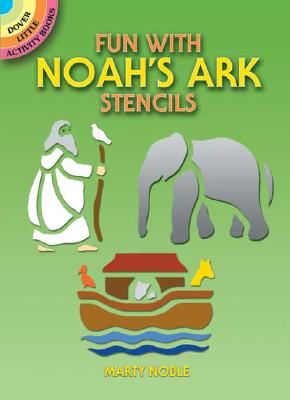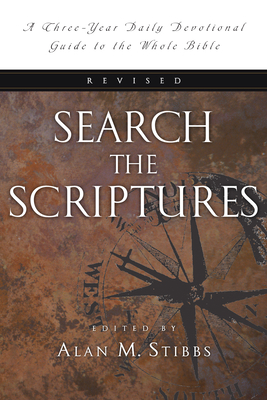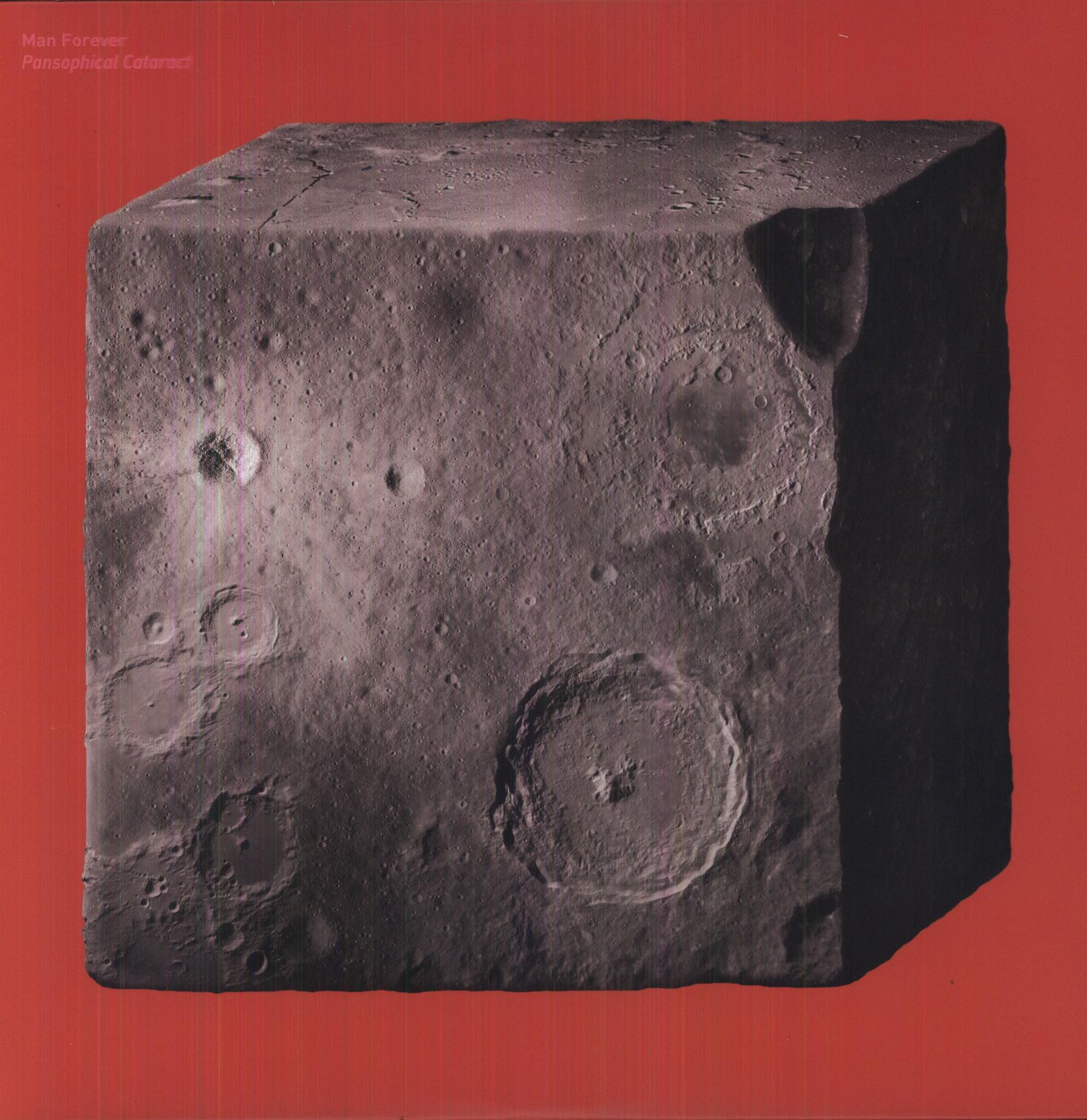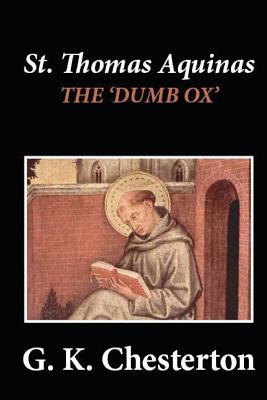
description
erton's writing apply here: he cannot resist a digression, he cannot resist an alliterative allusion, he cannot resist a pun. He is so full of life that he is constantly threatening to spin out of control. He is not a scholar, he is not writing a sober appraisal, he is probably not sure of most of the biographical details of his subject. In spite of these defects, the book is a triumph. Chesterton is the embodiment of "A Man in Full"; he is the polar opposite of C.S. Lewis' "Men without Chests". He is so full of good sense, penetrating insight, sound moral judgement, and the joy of life that it is all spilling out in every direction. Anyone who has read his book of literary criticism on Dickens will understand these points: this is criticism in an old key; it is appreciative criticism; it is an encounter with a writer by an entire man, and not just by a theory. It is wonderfully refreshing. No one today writes in a similar vein. Chesterton brings all of his larger-than-life presence to bear on this account of the life (sort of) and thought of one of history's great minds. And on just what aspect of Thomas' thought does he focus? In one diabolically politically incorrect section near the end of the book he bellows out that "on a map like the mind of Aquinas the mind of Luther was barely a speck", although he would hasten to add that his little book suffers the same ignoble comparison. There is a great deal to Thomas that he, of necessity, leaves out. But what he does include is very astutely chosen, for he understands the basic structure of Thomas' thought and emphasizes the essentials. Thus there is a chapter on Thomas' argument with the Manicheans and his affirmation of the goodness of the world. He treats with great aplomb Thomas' notion of "being" and its relation to God. He does great honor to Thomas' mode of argumentation, to his sober balance and fair treatment of opponents. He is appreciative of the devotional side of Thomas, which does not come through explicitly in his philosophical writings but is important for an understanding of the man. It must be granted that the book is as much about Chesterton as it is about Aquinas. Those wanting a more straight-forward treatment should seek out one of Josef Pieper's books on Aquinas. But if you have any adventurous spirit, by all means read this book. It is written by a man who loves and understands his subject in his very bones, and who brings his subject to life in a way that is most uncanny.
member goods
No member items were found under this heading.
listens & views
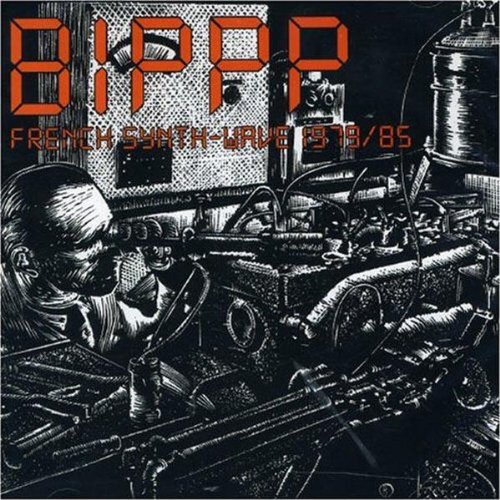
BIPPP: FRENCH SYNTH-WAVE 1979-85 / ...
by BIPPP: FRENCH SYNTH-WAVE 1979-85 / VAR
out of stock
$18.99
Return Policy
All sales are final
Shipping
No special shipping considerations available.
Shipping fees determined at checkout.
